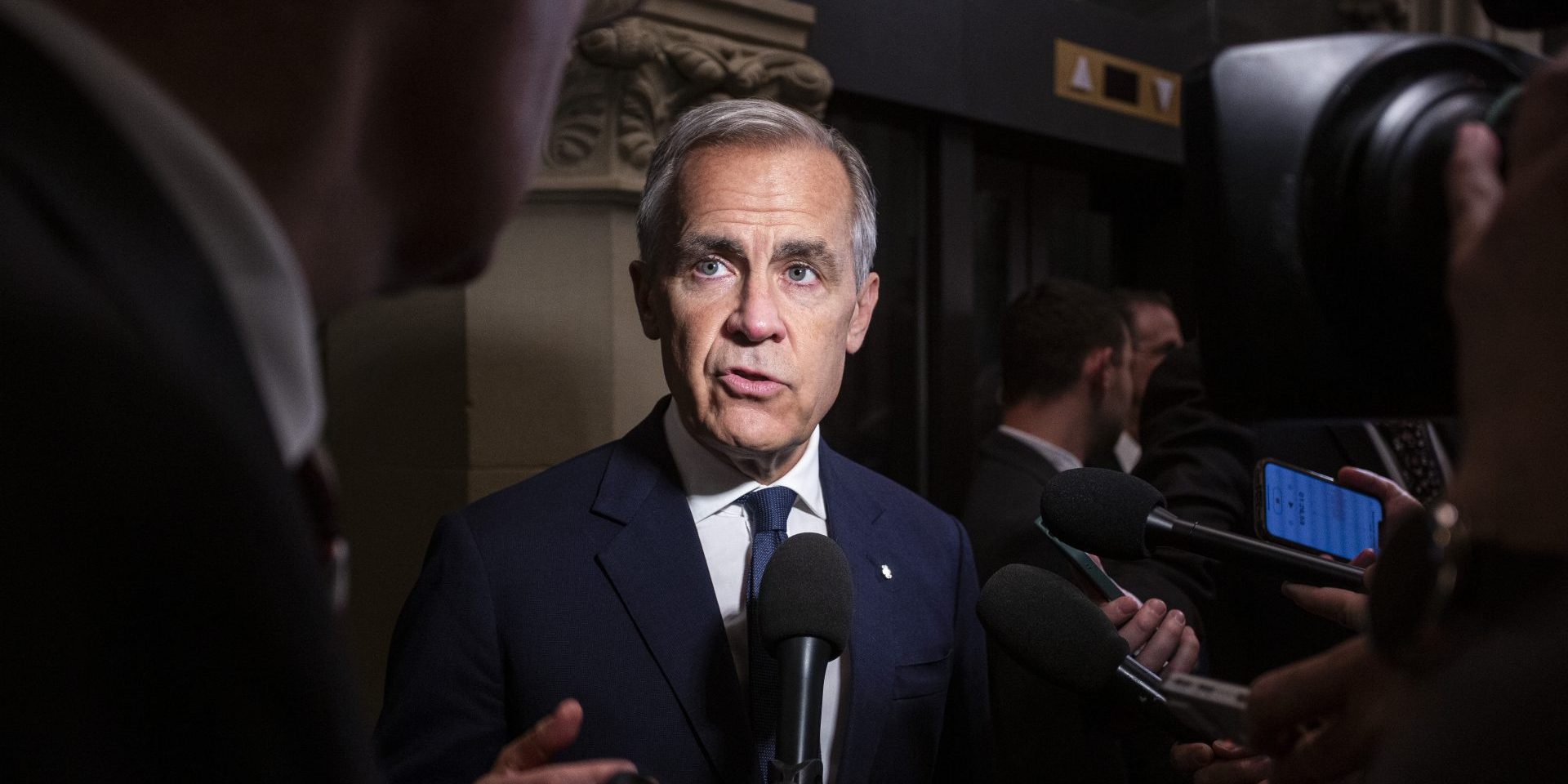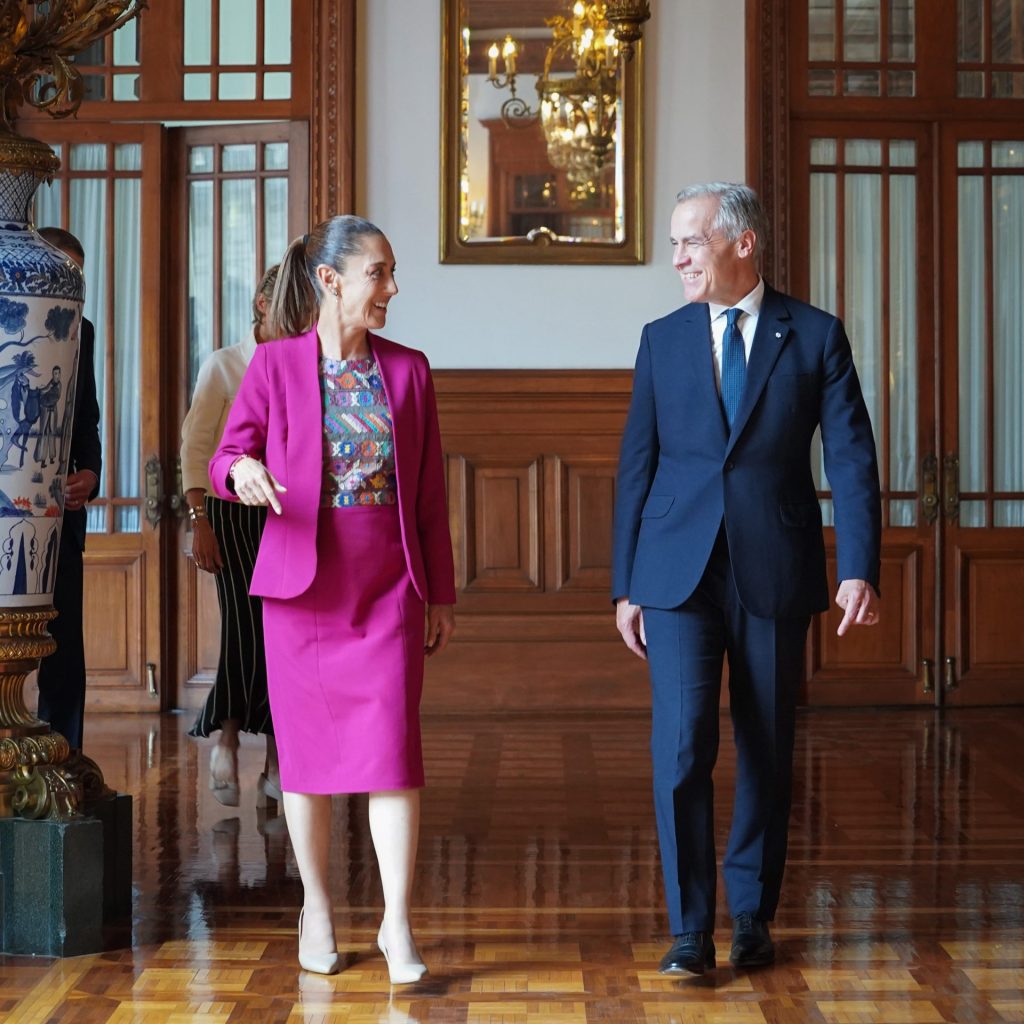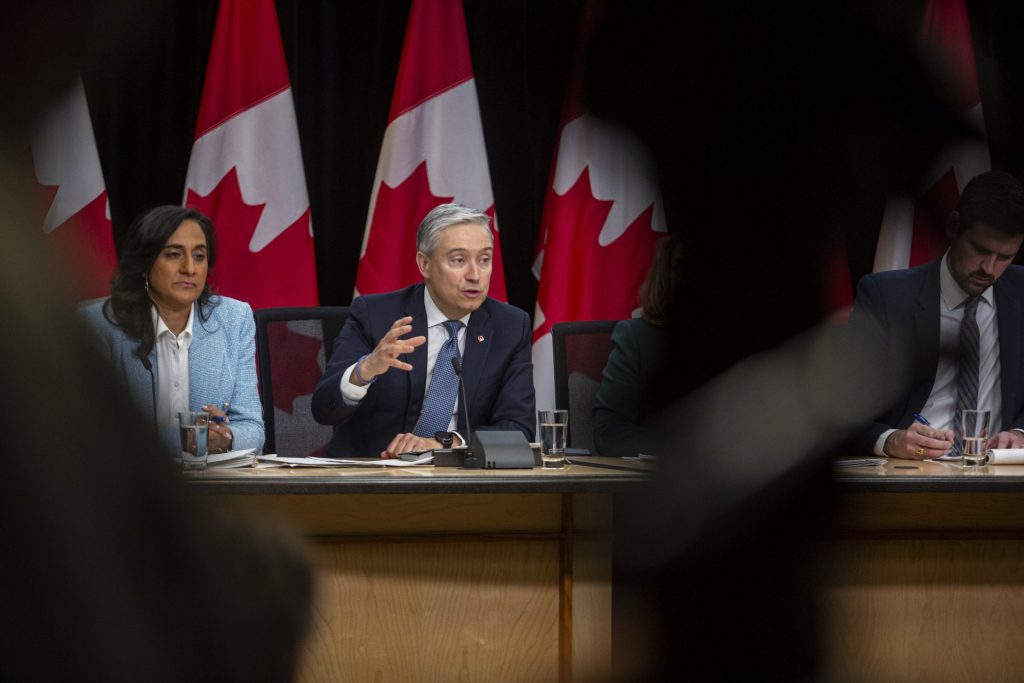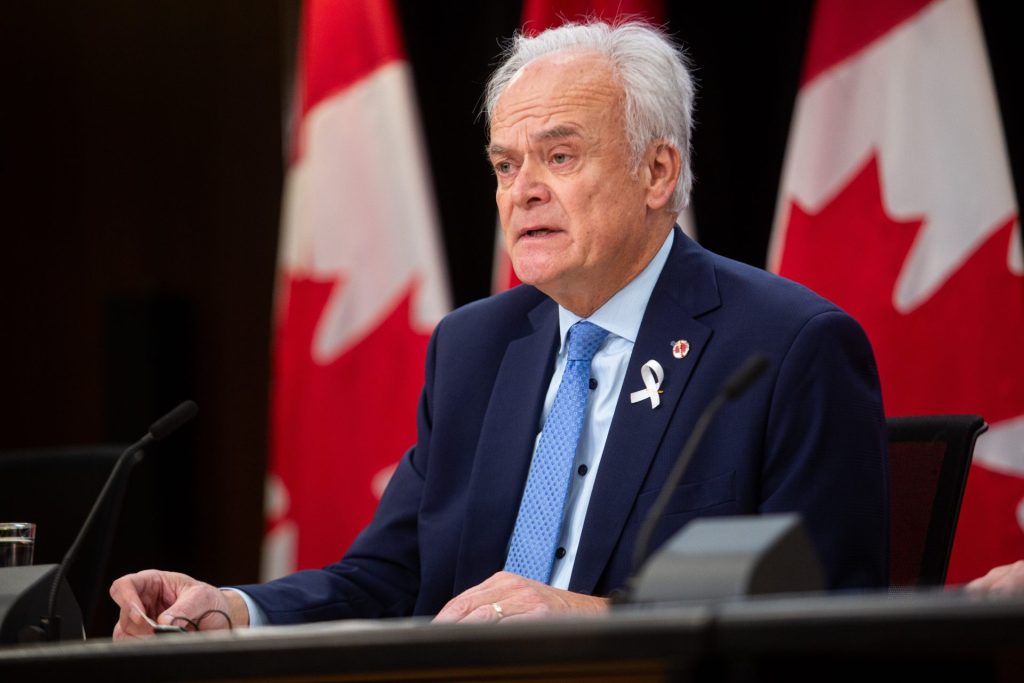Carney sets out to repair Canada-Mexico strife ahead of CUSMA review

Prime Minister Mark Carney’s first visit to Mexico last week has the opposition lamenting a lack of progress, but observers see a chance for the rocky bilateral relationship to rebound.
While in Mexico on Sept. 18 and 19, Carney (Nepean, Ont.) and Mexican President Claudia Sheinbaum announced a “comprehensive strategic partnership” between the two countries to deepen trade and investment links, as well as developing infrastructure corridors and creating a security dialogue.
Former Canadian ambassador to Mexico Graeme Clark said there is damage in the bilateral relationship that needs to be repaired.
“Let’s hope that this goes some way to addressing that,” said Clark of the new partnership.
Some of the ill will stems from a couple of the provincial premiers pointing to Mexico as the country with which the United States should be concerned when American President Donald Trump criticized Canada for fentanyl and border issues. Ontario Premier Doug Ford and Alberta Premier Danielle Smith suggested earlier this year that Canada should be entering into bilateral trade deals with the U.S. and Mexico, ending the trilateral approach.

“Some of the premiers were getting a bit out of their lanes there in terms of anticipating certain things or suggesting certain things, and that did not go down well in Mexico,” said Independent Senator Peter Boehm (Ontario), a former career diplomat who serves as co-chair of the Canada-Mexico Friendship Group.
Boehm said that talk has since stopped, and the two countries are moving away from the discord.
Mexico previously lashed out against Canadian criticism of past Mexican president Andrés Manuel López Obrador’s judicial reforms—as well as in response to similar critiques from the U.S.—and instituted a pause in dealings with the Canadian Embassy in Mexico City last year.
In February, a senior government official noted that the Mexican government was in contact with the Canadian Embassy in Mexico City, ostensibly indicating that the pause had at that point been lifted. At the time, the official remarked that Canada and Mexico weren’t in co-ordination in their response to Trump’s tariff threats.
In a Sept. 19 statement, Conservative MP Adam Chambers (Simcoe North, Ont.), his party’s international trade critic, said that Carney received “nothing of any substance” from his trip to Mexico.
“Mark Carney’s visit to Mexico is his tenth international trip, but instead of securing investment or new markets for our goods, he signed a ‘strategic partnership’ that fails to provide any actual commitments on investment, trade, or economic development,” reads the statement.
Clark, who served as Canada’s top diplomat in Mexico from 2019 to 2024, said Carney’s visit came at the right time.
“It’s high time that a Canadian prime minister made a gesture of this sort,” he said. “My understanding is that it was appreciated by the Mexicans.”
Carney’s visit to Mexico came three months after Sheinbaum travelled to Canada as an invited guest to the G7 Leaders’ Summit in June.
Foreign Affairs Minister Anita Anand (Oakville East, Ont.) and Finance Minister François-Philippe Champagne (Saint-Maurice–Champlain, Que.) were in Mexico in early August.
A challenge for Canada with the new bilateral partnership will be the question of the U.S.’s reaction as the third of Three Amigos.
Before Carney’s trip, a senior Canadian government official told reporters that the government is not working with Mexico to “gang up” on the U.S.
Canada’s increased engagement with Mexico is happening as it is also preparing for the mandated six-year review of the Canada-United States-Mexico Agreement (CUSMA).
Ottawa opened public consultations on the pact on Sept. 20, which will run through to Nov. 3.
‘Modest’ expectations needed for strategic partnership: former envoy
Clark said expectations should be “modest” for what the comprehensive strategic partnership will look like.
“We’ve been down this road before and our good intentions on both sides have sort of fizzled out because—over the recent past, I’d say—the relationship has been characterized by mutual benign indifference,” he said.
He said it would be a positive if the partnership is about more frequent and more structured meetings between the two countries.
Clark said deepening engagement with Mexico requires political will to overcome a lack of understanding of the other.
“In some ways, it’s difficult to get beyond certain clichéd perspectives of what the other country is about—and we have to fight that,” he said. “Mexico is the 15th largest economy—it’s not just beaches and tequila—it’s a very significant industrial player, [and] a very significant agricultural player.”
Boehm said the partnership can encourage more investment and trade, but also “softer” connections between the two countries, such as parliamentary links.

Boehm is travelling to Mexico in October to take part in a legislator forum.
“More of those sorts of contacts are good, as are soft power links between universities, tech, and innovation,” he said.
Carlo Dade, the University of Calgary’s School of Public Policy director of international policy, said the partnership gives the two countries the ability to move beyond a transactional relationship.
He said the partnership can give the relationship a longer-term focus with a more ingrained, co-ordinating attachment.
“It moves Canada and Mexico beyond the traditional, narrow transactional framing of free trade agreements or narrowly focused, unconnected single-sector and thematic deals,” he wrote in a recent op-ed in Policy Magazine. “Each word—partnership, strategic, comprehensive—adds weight. Together, they signal ambition.”
Washington’s fingerprint on Canada-Mexico ties
Boehm said the recent trip allowed Carney and Sheinbaum to compare notes about how each country is dealing with the U.S.
Canada was unable to meet an Aug. 1 deadline to reach a trade deal with the U.S., which led to Trump increasing the tariff rate on Canada to 35 per cent. Mexico was granted a 90-day reprieve from the increase as it, too, didn’t reach a deal with the Trump White House. CUSMA-compliant goods remain exempt from those tariffs.
“We have some differing interests with the Americans. We have some common interests. Let’s see how we move forward and try to avoid surprises,” Boehm said.
He said he expects “much more” business and parliamentary contacts between Canada and Mexico as the two countries head towards the CUSMA review.
Dade said that Canada and Mexico want to act in lockstep when dealing with the Americans during the CUSMA review.
“You absolutely want to do that. You also absolutely don’t want to talk about doing it,” he said.

Dade said there’s a balance to be struck between managing the Mexican relationship and worrying about a Trump response, and that he has the “utmost empathy and sympathy” for those trying to strike that balance at Global Affairs Canada.
“I don’t know how you balance those two. I can state the problem, but the solution and the diplomacy to pull this off—good luck. It’s going to be tough,” he said. “I don’t know if you can get this right, or [if] there is a ‘right.’ There’s certain ways to get it very wrong.”
Clark said that it is important for Canada not to give the U.S. the impression that it is being ganged up on, citing the “over sensitivity” the Americans are displaying with the recent comments from U.S. Ambassador to Canada Pete Hoekstra on Canadians’ anti-American feelings.
“If that doesn’t show a great deal of over sensitivity to what I think is perfectly reasonable criticism on the part of Canadians, I don’t know what does,” Clark said. “That speaks to susceptibility in Washington to a possible alignment between Mexico and Canada.”
He said that guarding against a U.S. reaction can hinder the development of stronger Canada-Mexico ties.
“We end up having only eyes for Washington,” he said. “We have to fight that.”
Clark said the question that Canada needs to ask itself is what aspects Canada and Mexico can advance without the U.S. being at the table.
nmoss@hilltimes.com
The Hill Times






 LICENSING
LICENSING PODCAST
PODCAST ALERTS
ALERTS













